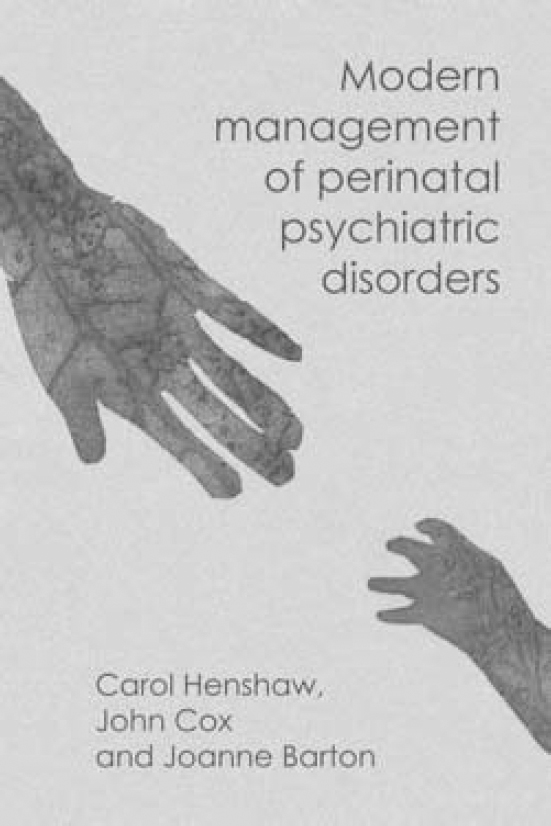
Recent decades have seen significant research in the field of perinatal mental health, with corresponding changes in clinical practice and policy. This timely book achieves its stated aim of providing trainees and professionals with up-to-date knowledge about the diagnosis and management of perinatal psychiatric disorders, and is for the most part comprehensive in its overview of relevant research. It is a valuable reference book for mental health, primary care and maternity staff.
A particular strength of the book is the chapter on the impact of perinatal illness on children and families, and the authors argue convincingly for greater collaboration between adult and child mental health services. A surprising omission, however, are the findings of the South London Child Development Study Reference Hay, Pawlby, Waters and Sharp1 which highlight the negative impact of postpartum and antepartum depression on child development and mental health. The need for more research into the impact of routine interventions for perinatal mental illness on child outcomes, short- and long-term, is highlighted, as is the importance of developing and evaluating specific interventions targeting the mother–infant relationship. The authors also emphasise the importance of understanding the sociocultural context in which women present and could have usefully expanded on this theme in the book.
One of the practical challenges facing clinicians in this field is the wide variation in some research findings, for example estimates of risk of perinatal illness in different scenarios and risk associated with psychotropic medication in pregnancy and breastfeeding. The text is thorough in listing the available evidence but there are only limited attempts made to bring the research findings together and draw conclusions which could help clinicians in their day-to-day work.
This is first and foremost a textbook and as such it can make for rather dry reading at times. Many chapters come across as theoretical and somewhat distanced from clinical practice, which is particularly surprising given the authors' combined wealth of clinical experience. More discussion of current practice, with case examples or vignettes, would have enriched the text and made this well-written book inspiring as well as highly informative.



eLetters
No eLetters have been published for this article.